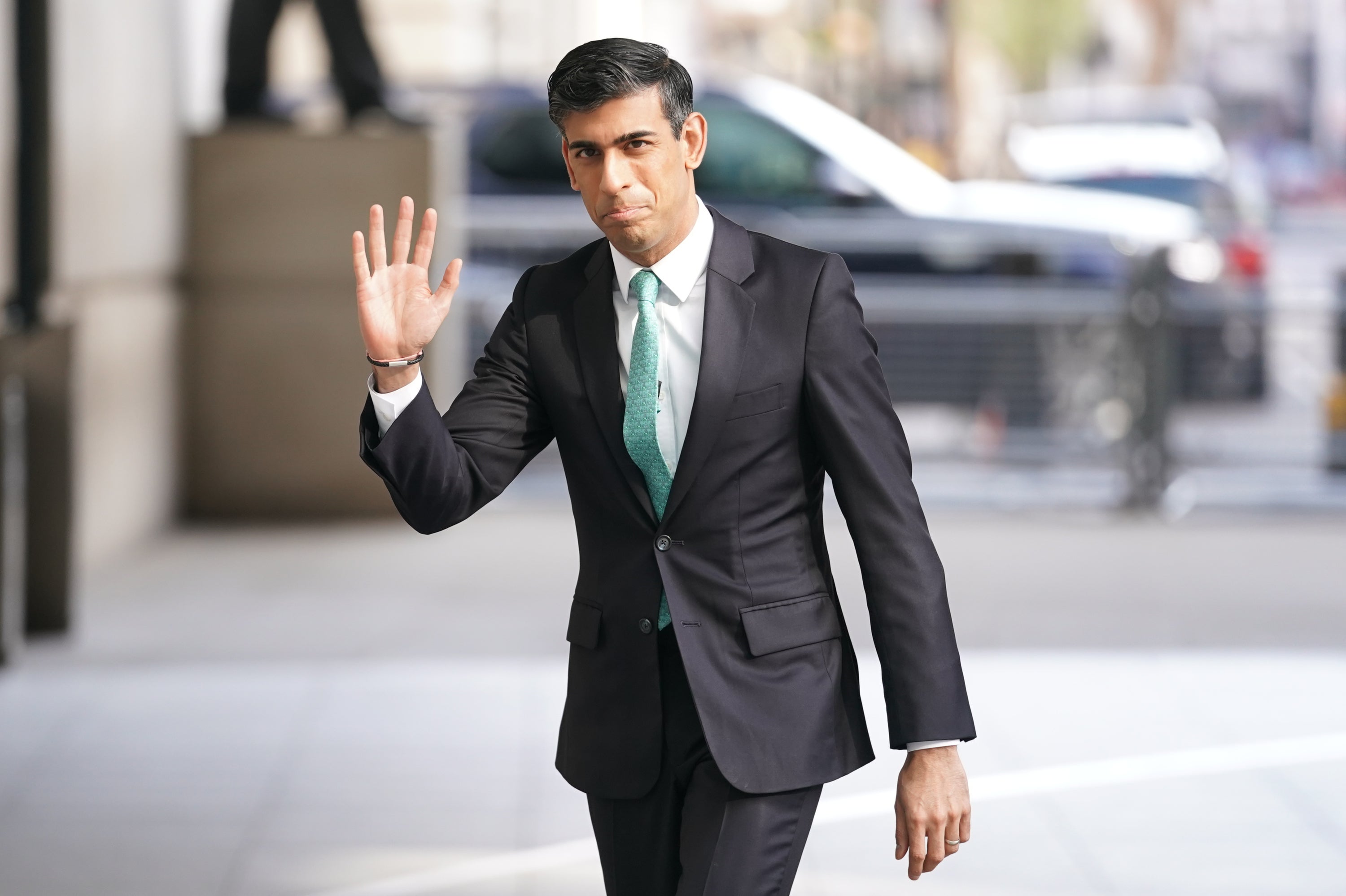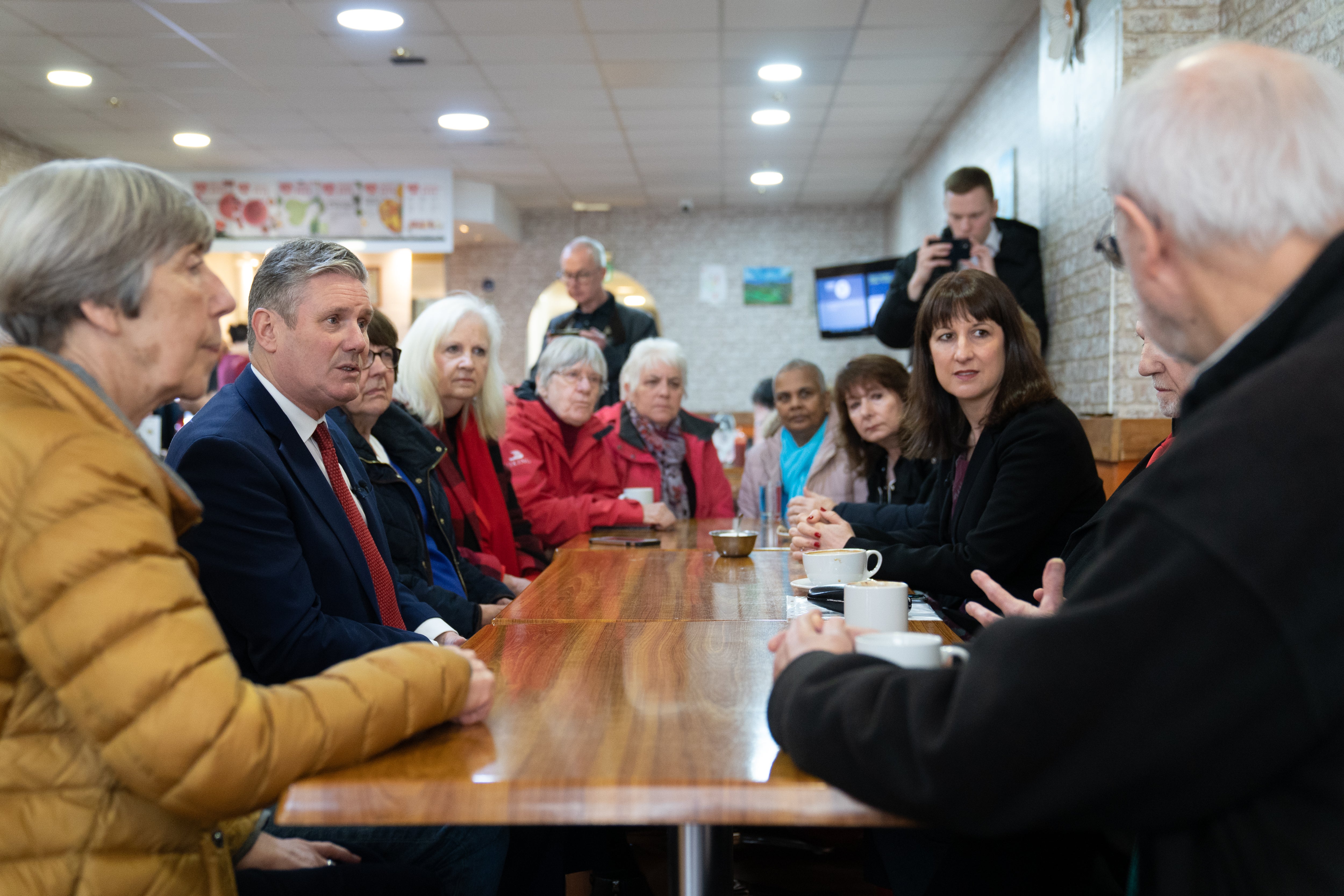
Health Secretary Sajid Javid has pledged to push for more help for those with disabilities who are set to be hit the hardest by a dramatic rise in the cost of living.
Mr Javid said vulnerable groups are “some of the most important people in our society” after he was told of the fears of those facing spiralling energy costs.
Appearing on ITV’s Good Morning Britain, Mr Javid was told of individual circumstances by presenter Martin Lewis, who is also the founder of MoneySavingExpert.
Mr Lewis told the Cabinet minister of one woman whose husband used a ventilator, and whose energy costs were set to rise from around £180 a month to £270 in April and then £360 in October.
Reading out her comments, he said: “We don’t have the heating on and sit with blankets on us.”
Another woman, a single mother who is also disabled, said that although her disability benefits through Personal Independence Payments (PIP) had risen by £3 a month, her council tax had gone up by £5 a month while her electricity bill was set to double from £76 to £143.
Mr Javid said PIP payments were “regularly kept under review”, adding they “do often rise when we see rising inflation”.
But he said: “More broadly, of course, whether you’re disabled or not, there are other levels of support.”
Asked by Mr Lewis whether he would “champion” those who were most vulnerable, he said: “Yes, absolutely.

“Those are some of the most important people in our society and that is exactly the kind of people that we should do everything we can to support, including from my department and the NHS.”
But he said there was already “a huge amount of support” which had been announced.
Earlier, Mr Javid refused to say whether he would support a cut in fuel duty after it was reported Chancellor Rishi Sunak would announce the measure in his spring statement on Wednesday.
Forecourt prices have risen sharply since Russia’s invasion of Ukraine, with global oil prices spiking.
The latest figures show average prices are a record 165.9p per litre for petrol and 177.3p per litre for diesel.
But Mr Javid told BBC Breakfast: “It’s a nice try but it’s not going to work because these are decisions for the Chancellor, and by the way, I’m not chancellor any more so I don’t have to answer these questions.”
He added: “When it comes to fuel duty, I think it’s important to reflect that – I think is it for 11 years now? – the Government has not increased fuel duty and that has led to a significant amount of support for motorists up and down the country.”
He told the programme: “It’s also important I think, at a time like this, to keep the economy strong and the fact that just last week, we heard that our unemployment rate is back down to 3.9%, which is one of the lowest rates that we’ve had.
“It’s a pre-pandemic rate that also helps support the economy when people are in work.”
The Treasury has previously announced plans to offer financial support to the public through a £150 council tax rebate to some households and a repayable £200 saving on energy bills this year.
But Labour leader Sir Keir Starmer again called for windfall tax on oil and gas companies “who’ve made more profit than they expected” in order to bring down the cost of energy bills.
On a visit to Stevenage, Sir Keir said “everybody is talking about how they’re feeling the pinch” and he said the public “want to know that the Government is hearing them, that it’s going to do something about it”.

“I think the simple things are a windfall tax on oil and gas companies who’ve made more profit than they expected, use that to bring down energy bills, and don’t introduce this new tax – national insurance tax. Wrong tax at the wrong time.
“If the Government is going to actually do something about fuel duties, then, of course, we will support that because I think, for most people, this is such a difficult situation.”







